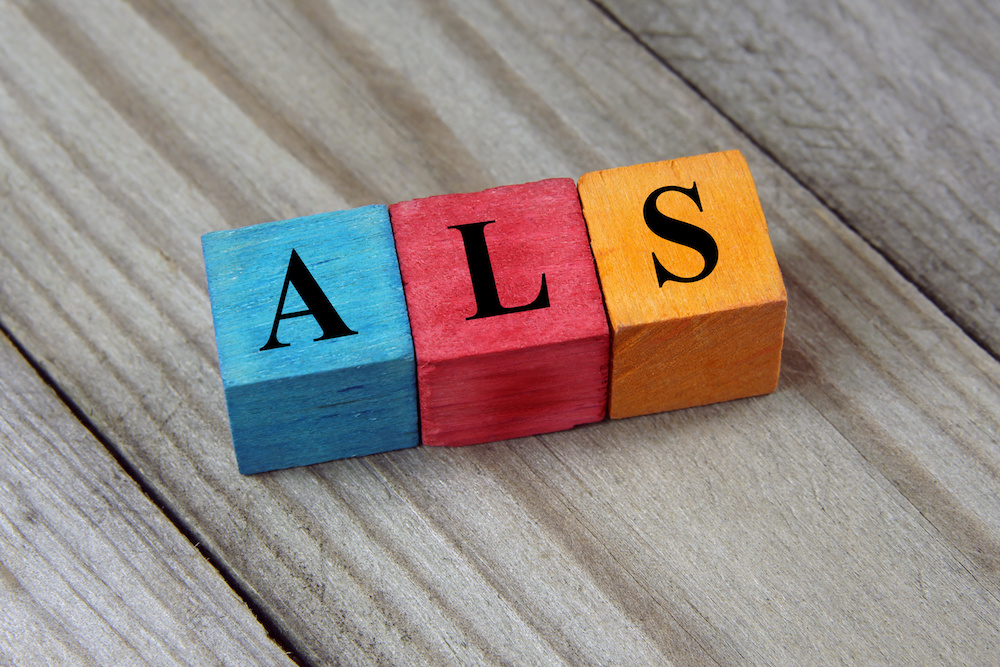Published on: June 20, 2019

On June 21 each year, the International Alliance of ALS/MND Associations recognizes a global day for ALS/MND, a disease affecting people around the world regardless of race, ethnicity, socioeconomic status, or region. Designed to raise funds and awareness of the disease, this global event occurs on June 21 this calendar day marks a solstice, or a turning point, each year—and the hope is that this year will be a turning point in the search for the cause of the disease, treatment, or a cure.
To celebrate those living with ALS/MND, their loved ones, and those in the medical and scientific communities fighting to put an end to the disease, we invite you to learn more about it.What is ALS/MND?
Often referred to as Lou Gehrig’s Disease in the United States after the famous New York Yankees ballplayer who died of the disease in 1941 (Professor Stephen Hawking is another well-known person who was afflicted by it), Motor Neurone Disease (MND) is the official name given to a group of diseases in which the nerve cells (neurones) that control muscles undergo degeneration and die. Amyotrophic Lateral Sclerosis (ALS), Progressive Muscular Atrophy (PMA), Progressive Bulbar Palsy (PBP), and Primary Lateral Sclerosis (PLS) are all subtypes of motor neurone disease.
The progressive degeneration of the muscle-controlling neurones that enable us to move around, speak, breathe, and swallow often takes lives quickly, with an average life expectancy of 2-5 years following the onset of symptoms. Early onset symptoms include:
- Tripping and falling
- Hand weakness or clumsiness
- Weakness in the legs, feet, or ankles
- Slurred speech or trouble swallowing
- Difficulty walking or doing normal daily activities
- Difficulty keeping the head up or keeping good posture
- Muscle cramps and twitching in the arms, shoulders, and tongue
Though it can affect anyone, ALS/MND is more often found in the 40 to 70 year age group; only 10% of cases are inherited from a family member. And while ALS/MND remains classified as a “rare disease,” it’s more common than you may think. In fact, approximately 140,000 new cases are diagnosed worldwide each year—that’s 384 new cases every day.
What is the International Alliance of ALS/MND Associations?
Founded in 1992, the Alliance provides an international community for individual ALS/MND associations from around the world. Their vision is to engage with their members, prospective members, and other organizations to share resources globally, advance awareness, and support people with ALS/MND worldwide. Today, members from more than 40 countries worldwide have joined in these efforts.
How Can I Help?
Everybody is encouraged to get involved with Global ALS/MND Day simply by raising awareness of the disease. Anything you do—from holding a large event to sending out a simple tweet—is appreciated!
Ways to spread the word:
- Hold a fundraiser for your local ALS/MND association (you can locate one here).
- Make a personal financial donation (every bit helps)
- Use hashtag #ALSMNDWithoutBorders to share information on social media.
For further information about getting involved in Global Day, please contact the Alliance Coordinator at coordinator@als-mnd.org.
Social Security Disability Benefits for ALS/MND
ALS/MND is almost an immediate and instant qualification for Social Security Disability Insurance (SSDI) and Supplemental Security Income (SSI). The SSA’s Blue Book lists no additional qualifications outside of a diagnosis by a medical professional to qualify for SSI and SSDI. In addition, because of the severity and the instant qualification a diagnosis gets you, you can also apply for expedited approval. This means that your case could be decided within a couple of weeks rather than several months.
If you or a loved one has been diagnosed with this disease and do not yet have disability benefits, we understand how devastating this can be, and we are here to help in whatever way that we can. If you need assistance with your disability claim, sifting through the paperwork, or just need more information, feel free to contact us for help.
